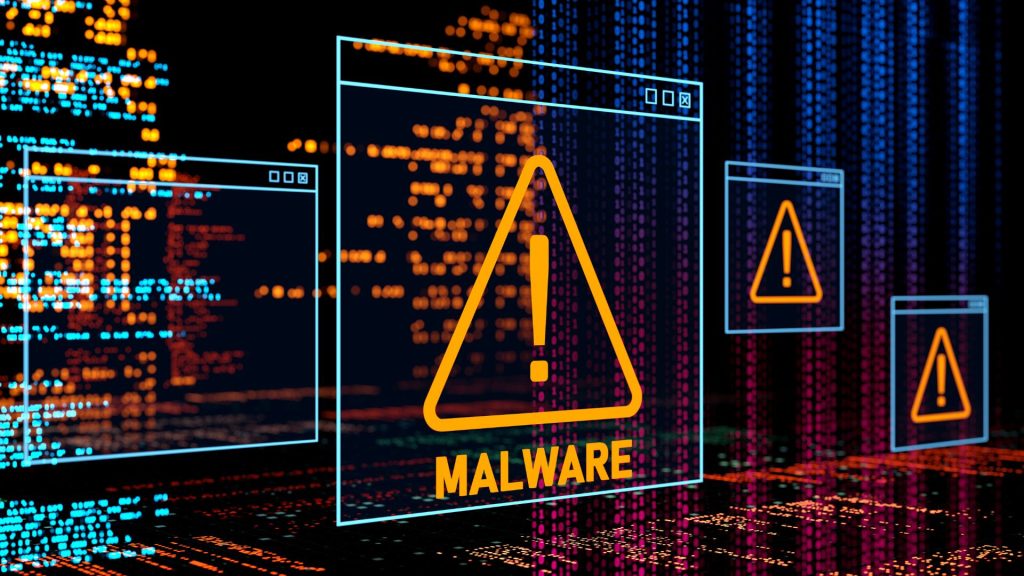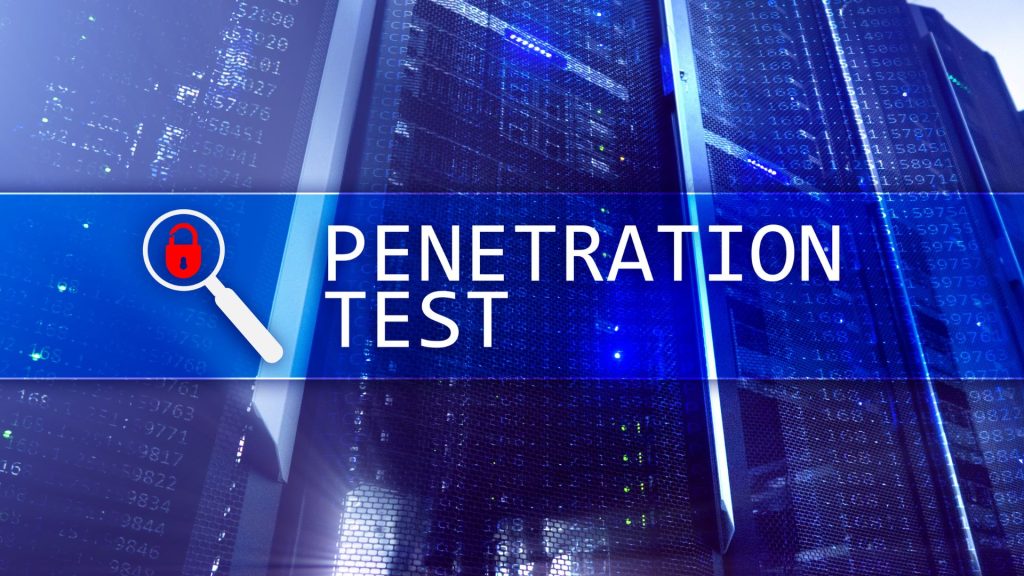It has become imperative for organizations to implement robust cybersecurity measures in order to enhance cybersecurity in the oil and gas industry, as digitization and interconnectedness continue to expand in this sector.
Intrusion detection and penetration testing are two crucial components of a comprehensive cybersecurity strategy, enabling proactive defense and continuous improvement of security posture.
Understanding Intrusion Detection
Intrusion detection involves monitoring network traffic and system activity to identify potential threats or unauthorized access attempts. In the oil and gas industry, where critical infrastructure and valuable intellectual property are at stake, effective intrusion detection systems (IDS) are essential.
These systems can detect anomalies, such as unauthorized access attempts, malware infections, or unusual network behavior, and generate alerts for immediate response. IDS can be network-based, host-based, or even employ behavioral analytics to identify emerging threats, providing real-time visibility into potential security breaches.

Benefits of Intrusion Detection
Early Threat Detection
Intrusion detection systems can detect and alert on potential threats at their initial stages by continuously monitoring network traffic and system logs, enabling timely mitigation before significant damage occurs.
Compliance and Regulatory Requirements
The oil and gas industry is notoriously subject to stringent compliance standards and regulations. Therefore, implementing intrusion detection systems can help organizations meet these requirements and demonstrate their commitment to data protection and cybersecurity.
Incident Response and Forensics
Intrusion detection systems provide valuable information for incident response and forensics investigations. They aid in understanding the nature of the attack, identifying affected systems, and improving future incident handling.

The Importance of Penetration Testing to Enhance Cybersecurity
While intrusion detection focuses on identifying potential threats, penetration testing (also known as ethical hacking) involves simulating real-world attacks to assess the effectiveness of existing security controls and identify vulnerabilities.
In the oil and gas industry, where critical infrastructure is involved, penetration testing plays a crucial role in identifying weaknesses before malicious actors exploit them.
Benefits of Penetration Testing
Identifying Vulnerabilities
Penetration testing helps identify weaknesses in systems, networks, and applications, providing organizations with actionable insights to prioritize and address vulnerabilities.
Enhancing Incident Response Preparedness
By simulating real-world attacks, penetration testing exposes security gaps and enables organizations to refine their incident response procedures, ensuring a faster and more effective response in case of a real attack.
Compliance and Risk Management
Regular penetration testing helps organizations meet compliance requirements and provides evidence of proactive risk management, giving stakeholders confidence in the security measures implemented.

Get the Right Team
The team at Vivo Asia Engineering & Trading Pte Ltd specializes in conducting intrusion detection and penetration testing in the oil and gas industry. This ensures any cybersecurity efforts are aligned with industry best practices and tailored to the unique challenges faced by the sector.


